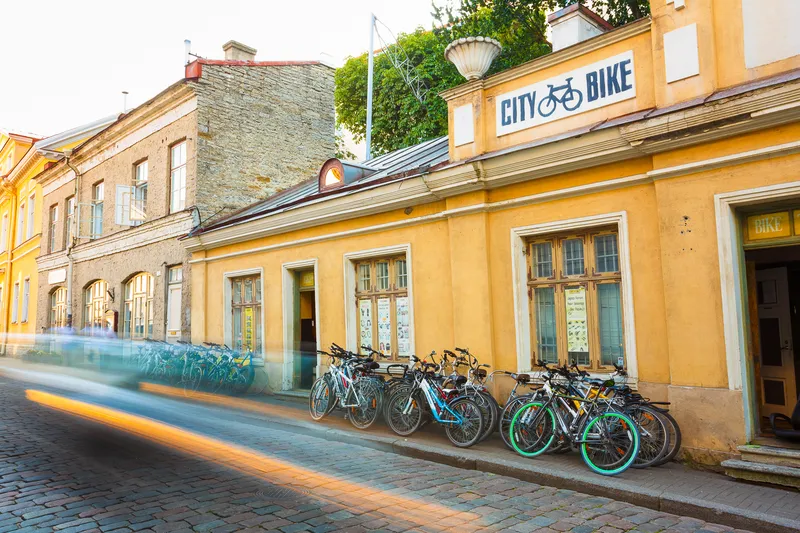A public referendum held in the Estonian capital, Tallinn, supported a plan to make the city's public transport system free of charge. Altogether 68,059 people took part in the referendum, which was just around a fifth of all eligible voters in Tallinn. In the referendum, 75.5 per cent supported and 24.5 per cent were against the idea of free public transport.
March 28, 2012
Read time: 1 min
RSSA public referendum held in the Estonian capital, Tallinn, supported a plan to make the city's public transport system free of charge. Altogether 68,059 people took part in the referendum, which was just around a fifth of all eligible voters in Tallinn.
In the referendum, 75.5 per cent supported and 24.5 per cent were against the idea of free public transport.
Edgar Savisaar, mayor of Tallinn, said the result of the referendum was sufficient to begin preparing the plan. He said Tallinn would get free public transport as of 1 January 2013. The city government would bring the plan to the city council in September 2012 and in November it would begin talks with other municipalities on joining the free public transport system.
The opposition Reform Party has accused the city government of populism, saying the city had other urgent issues to address.
In the referendum, 75.5 per cent supported and 24.5 per cent were against the idea of free public transport.
Edgar Savisaar, mayor of Tallinn, said the result of the referendum was sufficient to begin preparing the plan. He said Tallinn would get free public transport as of 1 January 2013. The city government would bring the plan to the city council in September 2012 and in November it would begin talks with other municipalities on joining the free public transport system.
The opposition Reform Party has accused the city government of populism, saying the city had other urgent issues to address.










